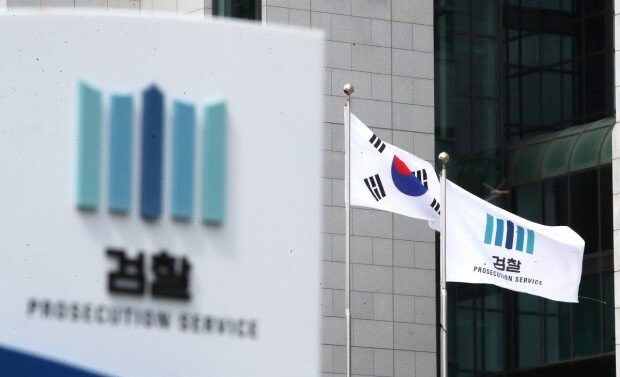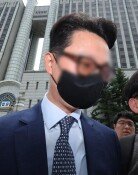Prosecution, police set up special investigation headquarters
Prosecution, police set up special investigation headquarters
Posted December. 07, 2024 07:35,
Updated December. 07, 2024 07:35

Despite South Korea being thrown into chaos following the unprecedented declaration of martial law in the post-democratization era, its senior officials responsible for the crisis have shown no remorse or accountability. As the possibility of treason charges is being raised since the declaration of martial law did not comply with the legal requirements, senior officials are busy deflecting blame by pointing fingers at other ministers and the president, fearing they may be implicated as co-conspirators in the charges.
Although the Constitution grants the president the authority to declare martial law, it also includes checks and balances, such as requiring prior review by the Cabinet and subsequent approval by the National Assembly. However, out of the eleven individuals, including the president, who attended the Cabinet meeting before the martial law declaration, only three – the Ministry of Economy and Finance, the Ministry of Foreign Affairs, and the Ministry of Health and Welfare – opposed the decision. At a National Assembly hearing on Friday, the Minister of Justice avoided directly addressing whether he had opposed martial law, ambiguously stating he had “shared various opinions.” However, he denied having engaged in any legal discussions about martial law with the president. As the president’s chief legal advisor, should he not have actively highlighted the illegality of martial law and opposed it?
The Minister of SMEs and Startups, who used to serve in the Ministry of Foreign Affairs, likely understood the negative impact martial law would have on the country’s international reputation. Yet, when asked whether she had expressed her stance, she replied, “I will share my thoughts when the opportunity arises.” The Minister of Agriculture, Food, and Rural Affairs said that she wouldn’t have attended the meeting had she known it was to declare martial law. Does this mean she worries about personal repercussions after attending the meeting without complete understanding?
Former Defense Minister Kim Yong-hyun, who proposed martial law, has subtly shifted his stance. In a Thursday media interview, he repeatedly stressed that the president believed emergency measures were necessary and viewed the opposition party’s legislative monopoly as bordering on treason. This implies that, while the formal recommendation came from the minister himself, martial law was ultimately the president’s decision. Kim avoided testifying before the National Assembly by approving his strategic resignation right before the National Defense Committee’s meeting on the same day.
Instead, the Deputy Defense Minister testified and claimed that the deployment of martial law troops to the National Assembly was directed by the minister. Meanwhile, General Park An-su, the Army Chief of Staff and martial law commander, responded to whether he had consented to the martial law proclamation issued under his name by saying he lacked expertise in that area. The image of aides prioritizing their safety over opposing a runaway president raises a chilling question of what would have happened if the National Assembly hadn’t intervened.
허동준 기자 hungry@donga.com · 구민기 기자 koo@donga.com







